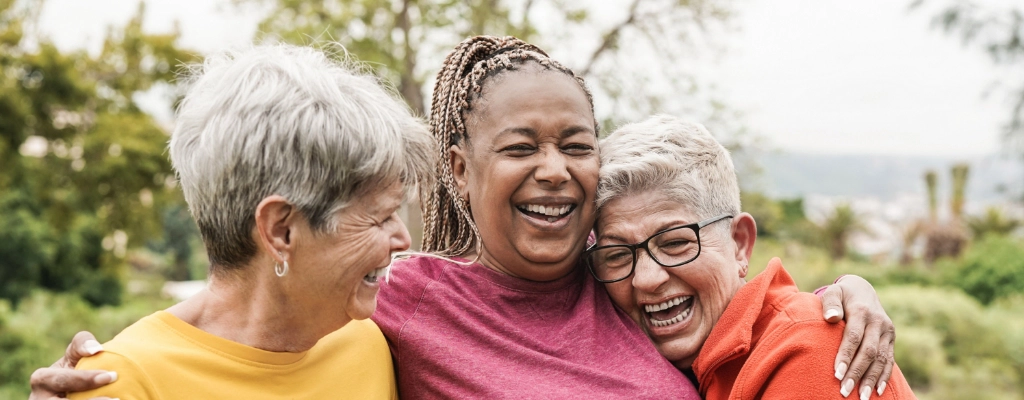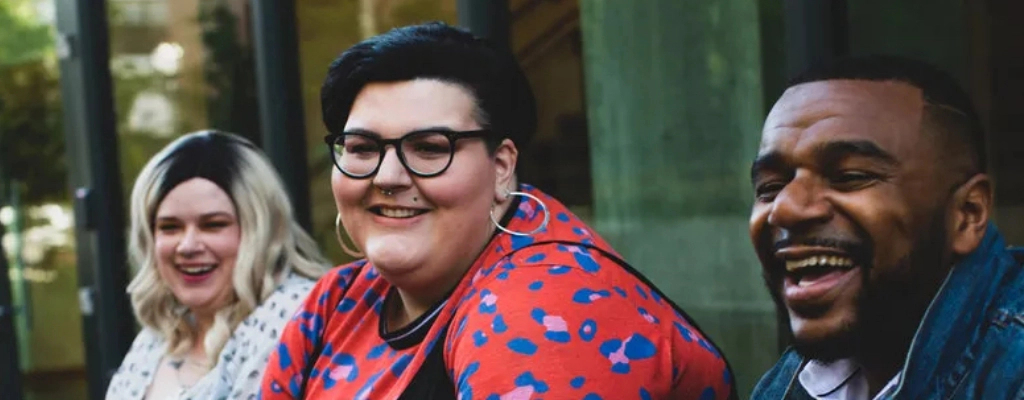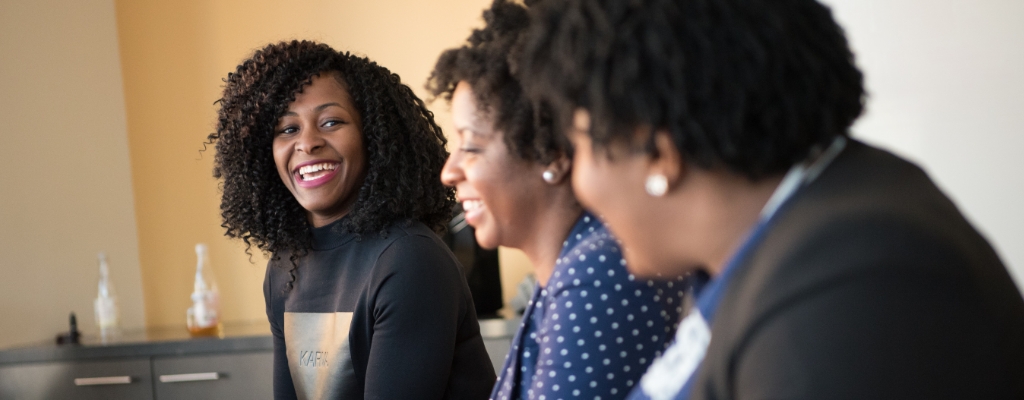Community Organization
BASED IN Alameda County
Peer Wellness Collective was founded in 1988 to support peer-run, self help services for people with mental health and/or substance use challenges in Alameda County, CA. Today, we have 6 programs in the “Collective” led by peers who have lived-experience within the mental health community.
Community Services
In the Bay Area
Get Involved
Help Strengthen Your Community
Our Community Support Programs
We are the first all peer-run, BIPOC led peer support service provider in the Bay Area. We are not a single program but rather a collective of 6 different programs that each provide their own services.





